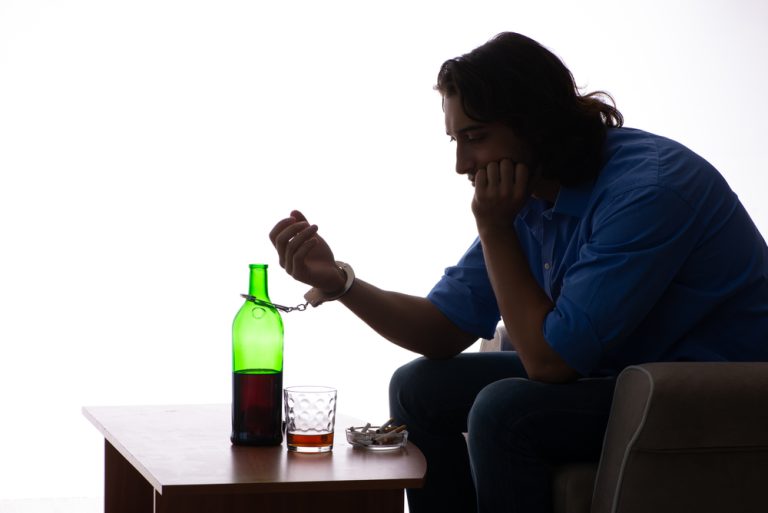Content
If you drink frequently, you can become physically dependent on alcohol, meaning that your brain needs alcohol to function normally. If you stop drinking, your body needs to rapidly adjust to the absence of alcohol, leading to withdrawal symptoms. All of these withdrawal symptoms are common during Top 5 Questions to Ask Yourself When Choosing Sober House acute alcohol withdrawal syndrome. For example, depression could cause suicidal thoughts, and eating poorly can weaken your immune system. Support groups such as Alcoholics Anonymous (AA) or sober living houses can help you get connected with peers who are going through the same journey as you are.
The Recovery Village Ridgefield medical detox center in Vancouver, WA, is a fully staffed rehab facility designed to help you wean off alcohol in comfort. We offer 16 detox beds and around-the-clock medical care provided by a multidisciplinary team of addiction experts. We personalize every aspect of your detox and offer counseling, treatment plans, nutrition services and options for continuing rehab treatment at The Recovery Village Ridgefield. Alcohol detox medications can make the process safer and more comfortable. They can also ensure your alcohol detox is successful by making it nigh impossible to relapse if symptoms get difficult. Additionally, the post-detox treatment resources available at a professional treatment center can ease the transition to sober living and give you the tools you need to stay sober long-term.
Alcohol Withdrawal Symptoms
When you quit drinking cold turkey, your body suffers from a cascade of changes caused by the sudden shift. Since alcohol depresses central nervous system activity, quitting drinking can cause an imbalance of an excitatory neurotransmitter called glutamate. This excess glutamate triggers alcohol withdrawal symptoms, which can be dangerous in some cases. Whether you’re a daily imbiber, heavy drinker, or frequent binge drinker, you’re likely to experience withdrawal symptoms when you quit.
Himself, an alumni of The Freedom Center, Michael brings a personal experience of the program to his role. A resident of Gaithersburg, Michael has planted roots and established a network in the local recovery community. Michael’s goal is to connect current client and alumni with resources to strengthen their life in recovery. Erin has a master’s degree in management from University of Maryland, University College, and a bachelor’s degree in special education from Townson University.
Clinical Supervisor – Primary Therapist
With a Master’s Degree from Tufts School of Medicine and Emerson College in Health Communication, Laura has continued to find excitement and challenge in her chosen field. She is also the Board President, BarZero and Board Member of the Colorado Professional Liaison Association. Maybe they don’t have peer support or maybe their alcohol addiction is too severe. Being surrounded by triggers can make it extremely difficult to stay on track and avoid overdoing it on alcohol.

There’s no set time frame for tapering off alcohol that works for everyone. Even if your situation seems like someone else’s, your body may respond differently to the tapering process. You may receive medication to ease withdrawal symptoms—such as anti-diarrheal medicines or over-the-counter pain relievers. A doctor may prescribe a benzodiazepine as part of the tapering process.
Getting Help for Alcohol Withdrawal
You can be assured that every stage of the detox and withdrawal process will be closely monitored. With the support and medical interventions the detox team provides, you will be guided safely into recovery. I have experience working in psychiatric hospitals, inpatient, outpatient, detox, and partial hospitalization programs providing clinical social work services. My approach to therapy is grounded in compassion, empathy, and a deep understanding of the unique experiences and perspectives of each of my clients .

